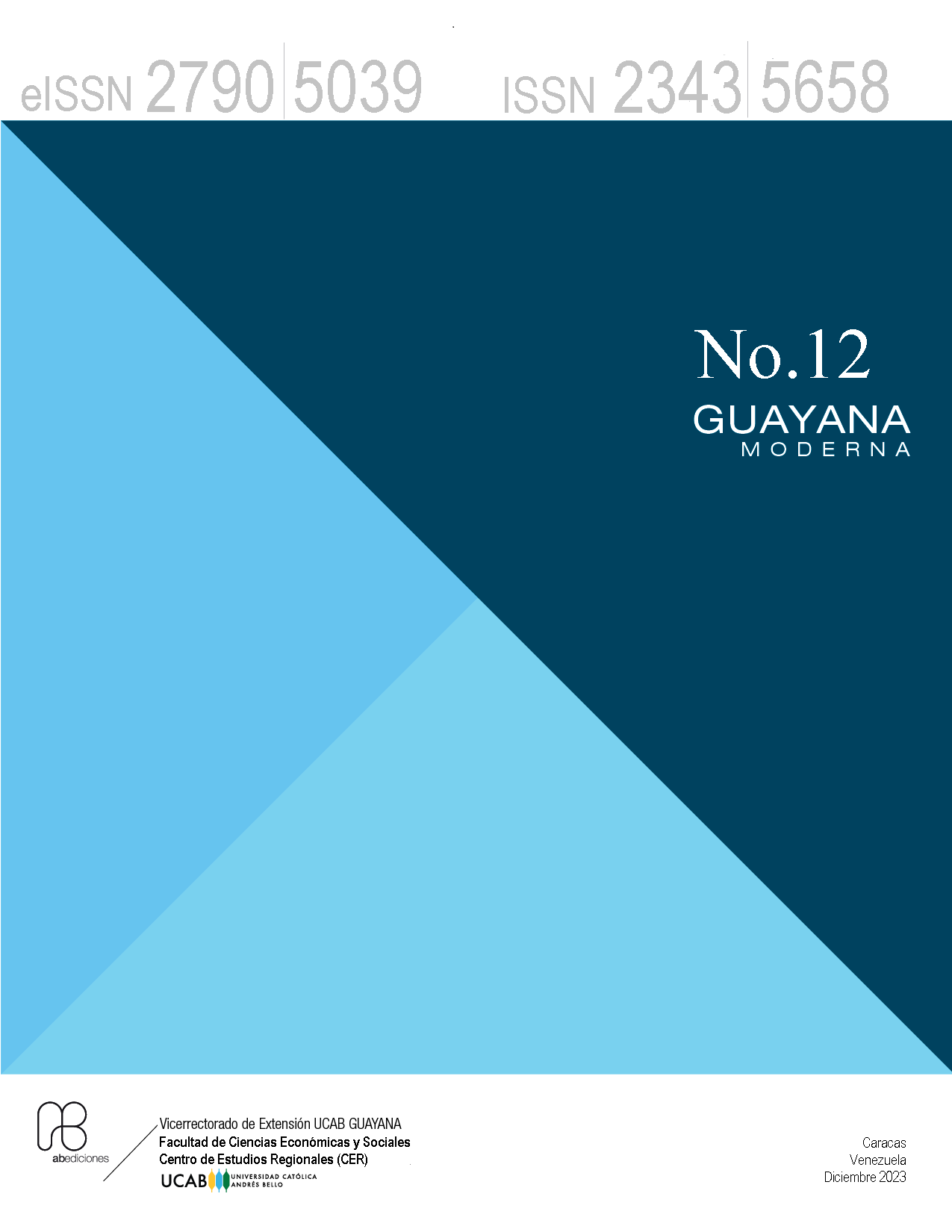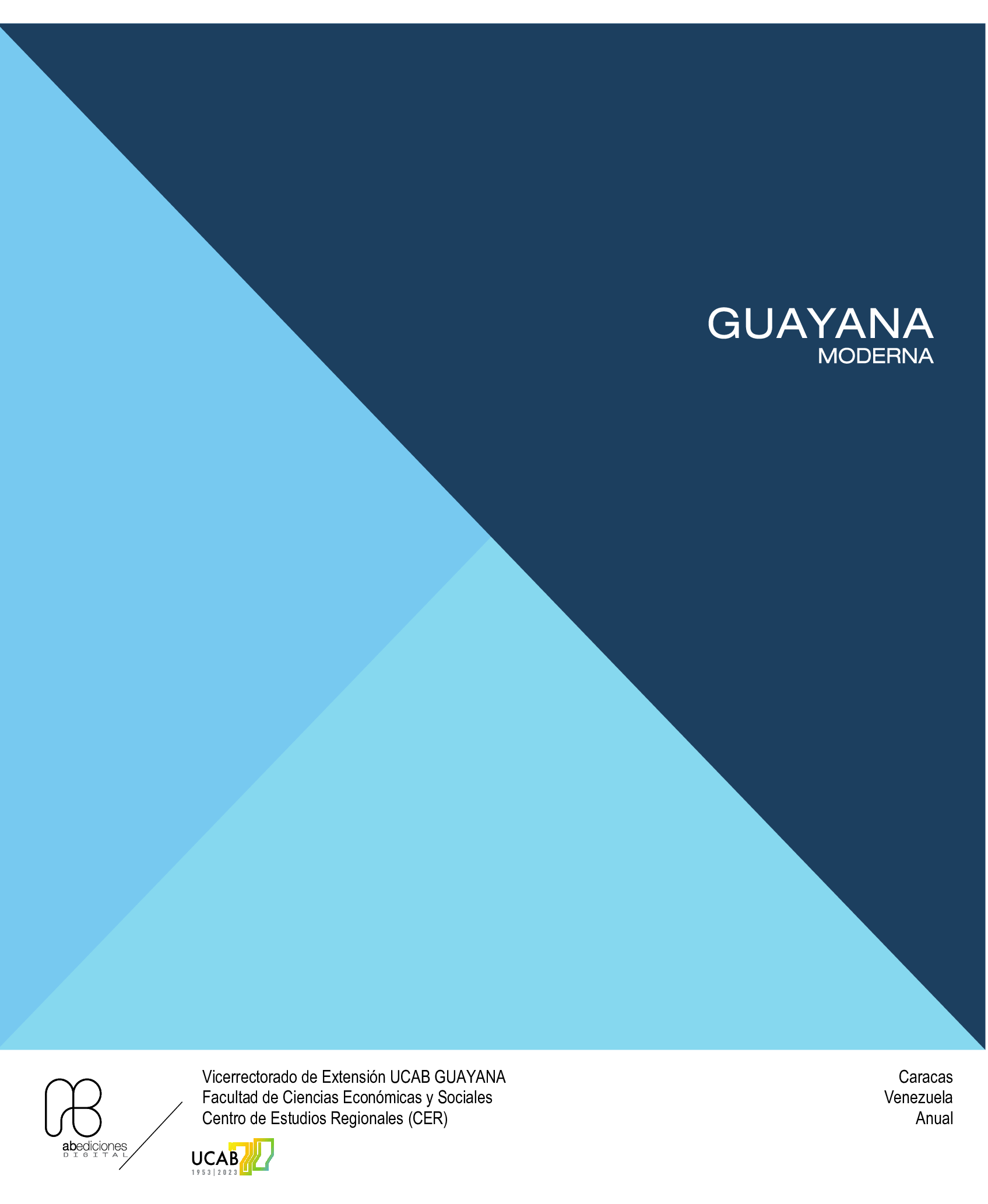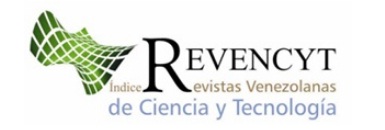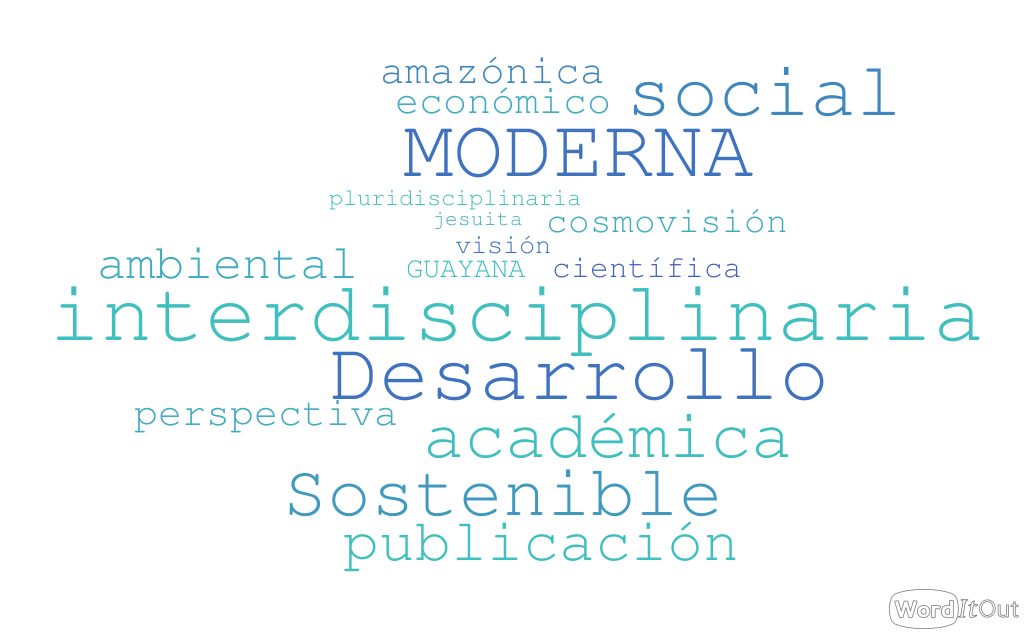Theoretical and methodological foundations that support meaningful learning through the use of virtual environments in higher education
DOI:
https://doi.org/10.1234/gm.v12i12.6393Keywords:
Virtual environments, Significant learning, Connectivity Theory, Self-regulation TheoryAbstract
Virtual learning environments are currently a necessity at each of the educational levels, this as a consequence of the countless transformations that a large number of social environments are experiencing. Currently, pedagogical practices are mediated by the use of technology, especially virtual environments. The acquisition of knowledge through the use of virtual resources is based on different theories and methodologies, which is why the intention of this written presentation is to publicize those theoretical and methodological foundations that support meaningful learning through the use of virtual environments in education. superior. For this, different bibliographic sources are used to establish the bases on which the learning processes are based, using technological advances in educational matters as the main resource.
Contacto de autor
Correo electrónico: leinadgg1985@gmail.com
Downloads
References
Bucheli, María (2015) Estrategias Andragógicas para Estudiantes de Posgrado a partir de Procesos d Mediación Tecnológica. [DOCUMENTO EN LÍNEA] Recuperado de: https://www.redalyc.org/pdf/4780/478047207005.pdf
Estévez, P. (2013). La teoría del aprendizaje significativo de David Ausubel en la aplicación de los textos de Estudios Sociales. [DOCUMENTO EN LÍNEA] Recuperado de: https://repositorio.uasb.edu.ec/bitstream/10644/3786/1/T1348-MGE-Estevez-La%20teor%c3%ada.pdf
Méndez, A., Rivas, A. y Del Toro, M. (2007) Entornos Virtuales de Enseñanza Aprendizaje. Editorial Universia. [DOCUMENTO EN LÍNEA] Recuperado de: https://libros.metabiblioteca.org/bitstream/001/251/8/978-959-16-0637-2.pdf
Panadero, E. y Tapia, J. (2014) Teorías de autorregulación educativa: una comparación y reflexión teórica. [DOCUMENTO EN LÍNEA] Recuperado de: https://reader.elsevier.com/reader/sd/pii/S1135755X14000037?token=CDF7A94554C3DD7C2B5BD6548C6A95FFD751E980689C86FA3ADA5FDC121A9C9108DC20C423B46A0FCD8FD85E6D90CDD5&originRegion=us-east-silv1&originCreation=20210612143906
Ramírez M., Cortés, V., y Pacheco, H. (2015). Autorregulación Académica Autorregulación Académica Proceso desde la asociación de los estudiantes. [DOCUMENTO EN LÍNEA] Recuperado de: http://www.redie.mx/librosyrevistas/libros/autorregulacion.pdf
Rodríguez, L. (2011). La teoría del aprendizaje significativo: una revisión aplicable a la escuela actual. [DOCUMENTO EN LÍNEA] Recuperado de: https://redined.educacion.gob.es/xmlui/bitstream/handle/11162/97912/rodriguez.pdf?sequence=1
SIEMENS (2004) Conectivismo: Una teoría de aprendizaje para la era digital. [DOCUMENTO EN LÍNEA] Recuperado de: https://www.comenius.cl/recursos/virtual/minsal_v2/Modulo_1/Recursos/Lectura/conectivismo_Siemens.pdf
Silva, J. (2011): Diseño y moderación de entornos virtuales de aprendizaje (EVA). [DOCUMENTO EN LÍNEA] Recuperado de: https://dialnet.unirioja.es/servlet/articulo?codigo=7084697








